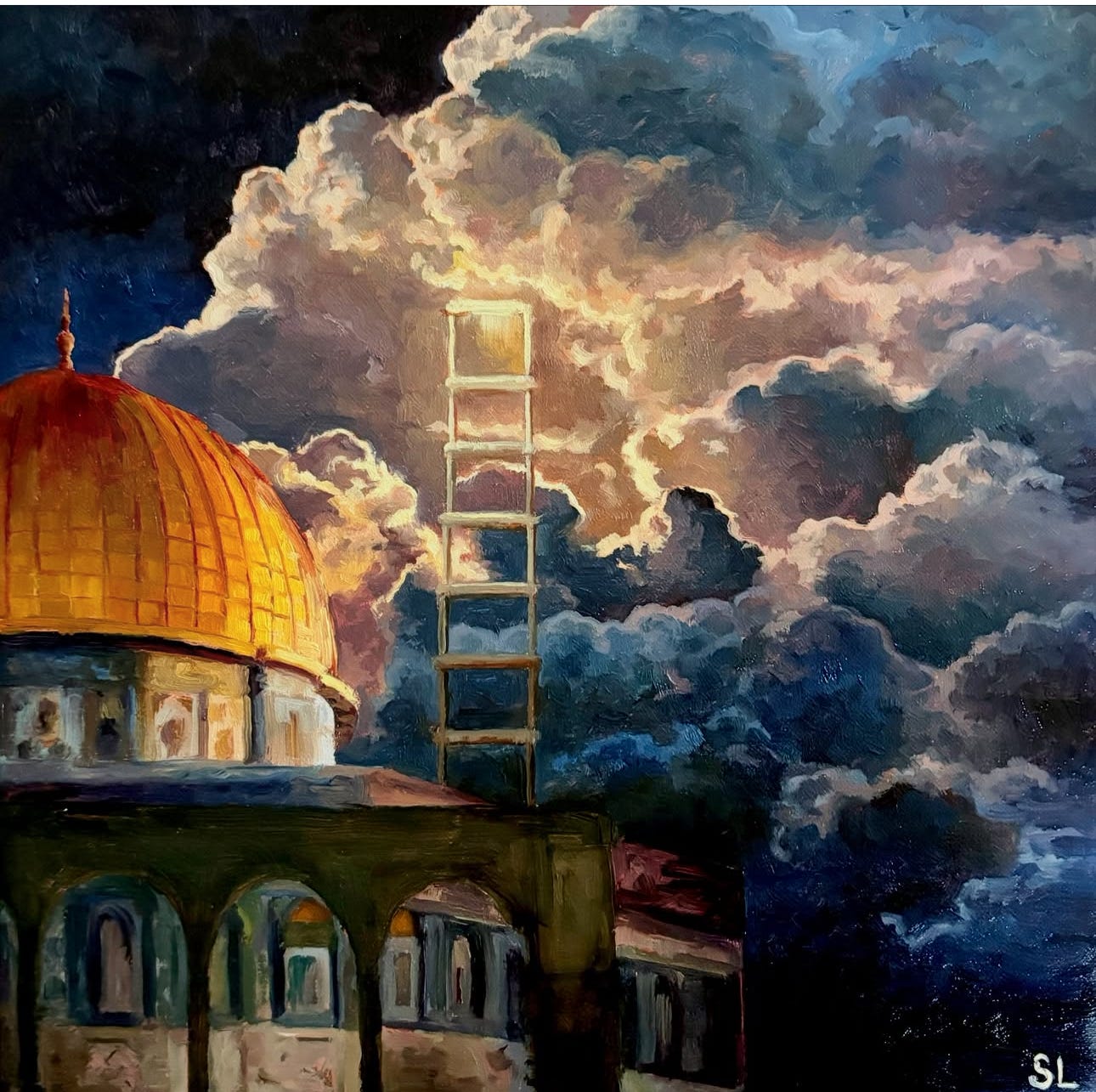Prigozhin’s Legacy Is the Global Rise of Private Armies for Hire
Wagner didn’t just support Russia’s military, it became an integral part of the fighting force.

The shocking, if widely predicted, reported death of warlord Yevgeny Prigozhin marked the last chapter in the most substantial threat to Russian President Vladimir Putin’s two-decade rule. As Putin continues to grapple with his shaken grip on power and Russia’s flailing war on Ukraine, the hot dog vendor-turned-global mercenary leader’s deadly legacy is likely to reverberate for years to come, as private military groups like Wagner play an ever-growing role in conflicts around the world.
Prigozhin, who was Putin’s close associate before he attempted a mutiny against him two months ago, was reportedly on board his private plane when it crashed outside Moscow on Wednesday. On board were nine other senior members of the Wagner Group. The mercenary outfit that made Prigozhin a household name worldwide is infamous for having committed widespread atrocities in multiple countries and most recently for having fought alongside Russian forces in Ukraine, where it sacrificed tens of thousandsof hired fighters as cannon fodder. In June, Prigozhin, long an outspoken critic of Russian military leadership’s performance in Ukraine, marched some of his forces toward Moscow in a spectacular but short-lived rebellion.
Prigozhin explained the mutiny by saying he “had a meltdown,” and Putin publicly pardoned his rebellion in a Belarus-brokered deal aimed largely at demobilizing Wagner forces. Still, few believed there would be no consequences for the former ally Putin labeled a traitor — with the exception perhaps of Prigozhin himself, who seemingly continued to move and speak with relative freedom. Earlier this week, he turned up in what appeared to be an undetermined African country to boast of Wagner’s plans of “making Russia even greater on all continents.” It was his last public appearance.
Little is known about what led to the plane crash, but there seems to be little doubt about its mandate, with some commentators referring to it as a “very public execution.” While U.S. officials have only tentativelyconfirmed reports of Prigozhin’s demise, President Joe Biden said on Wednesday that “there’s not much that happens in Russia that Putin’s not behind.”
Most Read
“I think we all realize who is responsible for this,” echoed Ukrainian President Volodymyr Zelenskyy, who also noted “probably this will also help [Ukraine] in some sense.”
For those who expected Putin to avenge the humiliation of Prigozhin’s attempted coup, the mercenary leader’s killing appears to be a message to others, particularly among Russia’s elites, who may attempt to replicate it.
“Everyone will see this as an act of retaliation and retribution, and the Kremlin won’t particularly counteract this view. From Putin’s perspective, as well as many among the security and military officials, Prigozhin’s death should serve as a lesson to any potential successors,” said Tatiana Stanovaya, a senior fellow at the Carnegie Russia Eurasia Center. “A lively, energetic, and idea-filled Prigozhin was undoubtedly a walking issue for the regime, embodying Putin’s political humiliation.”
The method by which Prigozhin was apparently killed — by downing his plane, rather than poisoning his food or causing an accidental fall from a window, both practiced ways for Russian leadership to dispatch with internal rivals — also had the effect of eliminating a potential successor to Prigozhin. Among those believed killed in the crash was Wagner’s co-founder Dmitry Utkin, a former member of Russia’s intelligence services who reportedly named the group after Adolf Hitler’s favorite composer. The crash came just hours after Russia sacked Gen. Sergei Surovikin, a high-level military commander close to Prigozhin who is believed to have had advance knowledge of the June mutiny.
But it’s not clear that Prigozhin’s death will restore Putin’s hold on power after it was so publicly challenged earlier this summer.
“The Russian elites are likely to see this as evidence not that Putin is strong but that he is increasingly and murderously erratic,” wroteMark Galeotti, an analyst specializing in Russian politics and security. “That he flip-flopped so quickly from lambasting Prigozhin as a traitor to inviting him to his recent Africa summit to murdering him will do nothing to calm nerves about Putin’s state of mind and grip on the system.”
“The mark of a well-organised authoritarianism,” Galeotti added, “is that the regime does not need so openly to kill insiders, because they are deterred from breaking the rules of the system in the first place.”
Prigozhin’s death — and the weakening of Wagner — is unlikely to have an impact on the battlefield in Ukraine, where 120,000 Russian troops and 20,000 Wagner fighters are reported to have died. The mercenary group’s role in Ukraine diminished after the failed mutiny, when its troops redeployed to Belarus. There, they trained alongside Belarusan forces, a development that raised alarm among other countries in the region, which fear potential Belarusian involvement in Ukraine. In recent weeks, Wagner also signaled it would double down on its already established presence in multiple African countries, where it has committed large-scale atrocities against civilians. Even with Prigozhin out, some analysts caution, Wagner will continue to operate so long as the business interests behind it endure.
If anything, Prigozhin’s most lasting legacy is likely the manner in which Wagner — hardly the first mercenary outfit of our times — has normalized the outsourcing of state conflict to private groups. An array of other paramilitary groups — including some effectively, if unofficially, acting at the behest of governments — have expanded their influence in recent years.
“The world is better place without them,” said Jack Margolin, an analyst who has spent years investigating Prigozhin and Utkin. “Wagner will change fundamentally, but [private military companies] aren’t going away.”



No comments:
Post a Comment